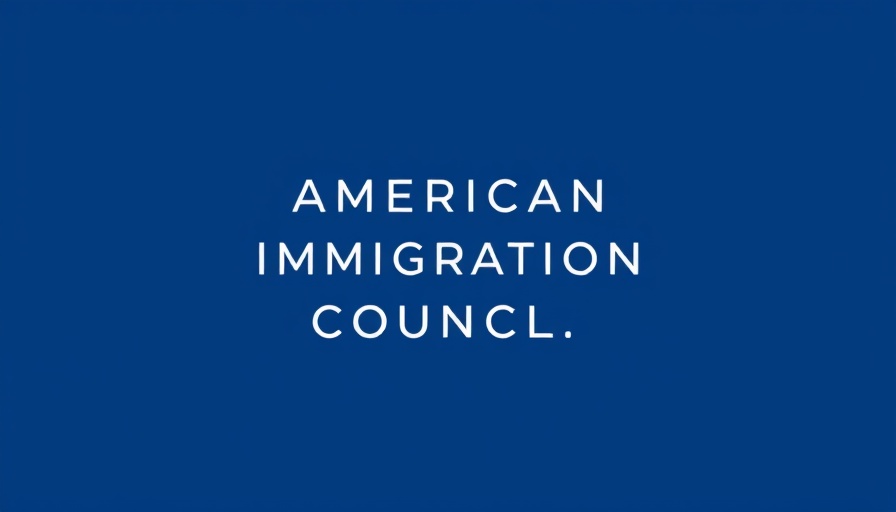
Visa Processing Changes: What You Need to Know
As of September 6, 2025, significant changes to U.S. visa application processes have been introduced by the U.S. Department of State (DOS). Both nonimmigrant visa (NIV) and immigrant visa (IV) applicants are now required to apply for their visas only within their home country or country of residence. This decision dramatically alters the landscape for many potential travelers and immigrants.
New Guidelines and Their Implications
The new guidelines stipulate that applicants who pursue their visa in a country of residence must present compelling proof of their residency status. This change aims to streamline visa processing and ensure that applicants are genuinely residing where they claim to be. However, it has raised concerns among individuals residing in countries with limited U.S. consular presence, prompting them to consider their options carefully.
Challenges Faced by Applicants Abroad
While existing nonimmigrant appointments are expected to remain valid, applicants have reported instances of being turned away on their appointment day without clear reasoning. This has left many unsure of their standing and the necessary steps moving forward. Some exceptions do apply, particularly for diplomats and urgent humanitarian cases, but the specifics remain vague.
Planning Ahead: Tips for Visa Applicants
In light of these changes, individuals considering applying for U.S. visas are encouraged to plan ahead. Consulting with legal counsel or an immigration advisor can provide tailored guidance to navigate the new regulations and avoid unnecessary complications. Keeping thorough documentation will be crucial—especially for those who plan to apply in a residency country.
Conclusion: Stay Informed
In these challenging times of shifting immigration policy, staying informed is paramount for business lenders, banks, and credit card providers involved with international clients. Understanding the nuances of visa regulations can help mitigate risks and improve service offerings to those facing these new entry barriers. For more assistance or to understand how these changes may impact your travel plans or business operations, reach out to legal professionals specializing in immigration.
 Add Row
Add Row  Add
Add 




Write A Comment